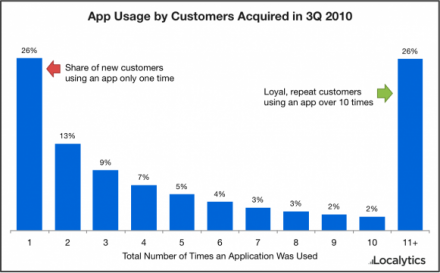I’m a huge fan of Quora. I have no idea if it is sustainable as a business (and get a bit flabbergasted by its regular, and enormous, rounds of funding), but there are few other places where you can find reflections on the height of the author of Dinosaur Comics author Ryan North and the valuations of small, private, startups on the same website.
One of my favorite answers is from a general manager at Amazon, who ponders what distinguishes a top 1% product manager from a top 10% product manager. I’m particularly struck that the respondent (Ian) goes beyond the typical trite description of the role — “Product owner,” “mini-CEO” — and lays out very detailed and particular activities he thinks sets the greats apart:
- Think big
- Communicate
- Simplify
- Prioritize
- Forecast and measure
- Execute
- Understand technical trade-offs
- Understand good design
- Write effective copy
(He goes into more detail in his answer.)
What struck me about this list is that the defining characteristics of a great product manager are also the defining characteristics of the greatest consultants I’ve known — and the greatest lawyers, and marketers. At its heart, answer suggests that a great product manager is a great trusted advisor.

